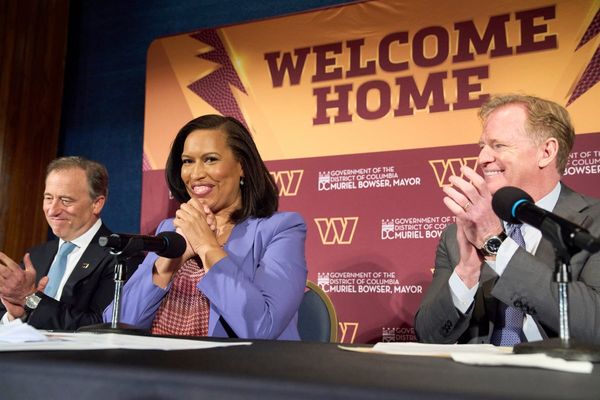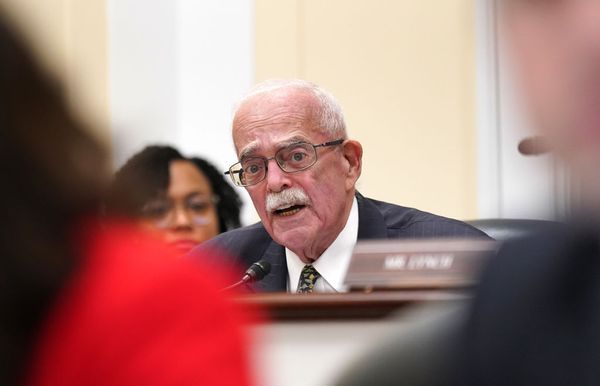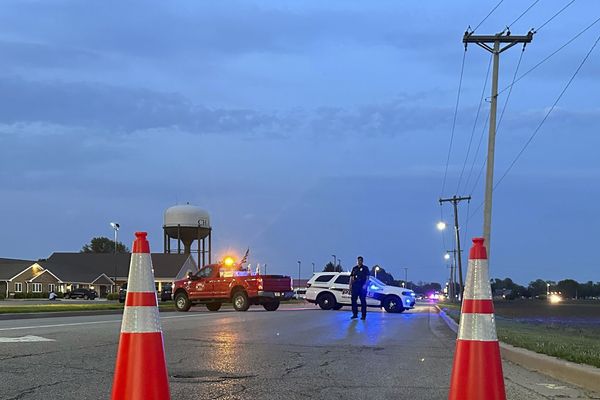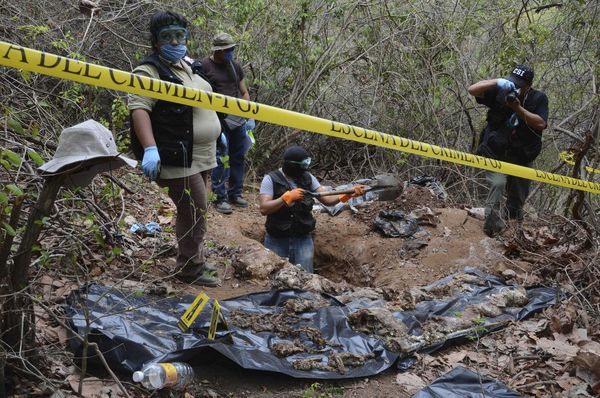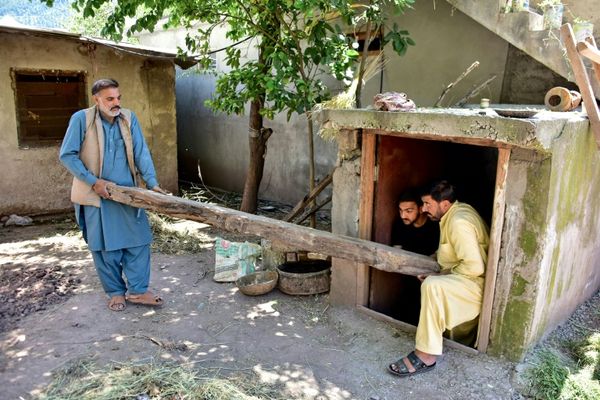
The Victorian Greens will introduce a bill to parliament to impose a ban on all new gas connections to homes within three years, with the requirement for residences to be connected to the network to be scrapped in the meantime.
The party’s leader, Samantha Ratnam, will introduce the Planning and Environment Amendment (Transition From Gas) Bill 2022 in the upper house on Tuesday as part of the Greens platform ahead of the November state election.
If passed, the bill will scrap the existing requirements for residential developments to connect to the gas network “where available” and plumbing regulations requiring solar water heaters to be gas-boosted. It will also ban all new gas connections from 2025.
Gas is usually described as having about half the emissions of coal when burned, though studies have found its impact on the climate is greater than this once methane leaks during extraction and transport are factored in.
Victoria is the country’s largest consumer of gas, with more than 2m homes using it for heating, hot water and cooking. Burning gas produces about 16% of the state’s total emissions, with residential users responsible for almost two-thirds of those emissions.
Brunswick MP Tim Read, the Greens climate spokesperson, said electrifying homes is cheaper, more energy efficient and better for Victorians’ health than gas.
“We’re not suggesting that it’s necessary or feasible to shift off gas all at once,” he said. “But the absolute first thing we should be doing is drawing a clear line and saying ‘let’s not extend the gas network’.”
The Greens’ intervention follows a recent push by local governments to amend planning laws before the election, to allow developers to build gas-free.
A parliamentary inquiry has also recommended the government consider removing the requirement to help accelerate the state’s transition to renewables.
The government is working on a roadmap to phase out gas, which was scheduled for release on 30 June, but is now reportedly on hold until after the election.
Read said countries and cities with cooler winters than Victoria’s, including the Netherlands, Norway, New York in the United States, and Quebec in Canada, were going gas-free, as is Ginninderry, a new suburb in the Australian Capital Territory.
“We’ve been building houses knowing that we could always just crank up the fossil fuel, whether it was coal-fired electricity or limitless gas. But now we know that’s not true,” he said.
He said the government should also do more to raise awareness of the financial and environmental benefits of switching from gas to electric appliances, particularly when it comes heating.
“They already have a good subsidy programme to help people get off old inefficient electric heaters and old gas heaters … but it’s very limited. They need to make the subsidy bigger and available to a broader range of people,” Read said.
It comes as a cold weather snap, a series of coal-fired power station outages and spiking commodity prices as a result of the war in Ukraine have contributed to an increase in wholesale electricity and gas prices across Australia.
Victoria is also bracing for a longer-term gas shortage, with the state’s Bass Strait reserves running low, prompting the government to lift its years-long moratorium on conventional onshore gas exploration last year.
Jono La Nauze, CEO of Environment Victoria, welcomed the Greens bill.
“Regardless of the outcome of this bill, it is inevitable that Victorian households will shift away from gas due to both the increasing cost and rising concerns that cooking and heating with gas leads to health conditions like asthma and heart disease,” he said.
“But without government support, that transition could be messy, costly and exacerbate existing inequalities, particularly for renters who presently have limited control over the cooking and heating appliances in their homes.”
La Nauze said the government must set out clear timeline for the phase-out, while leading the “cultural shift off gas”.
